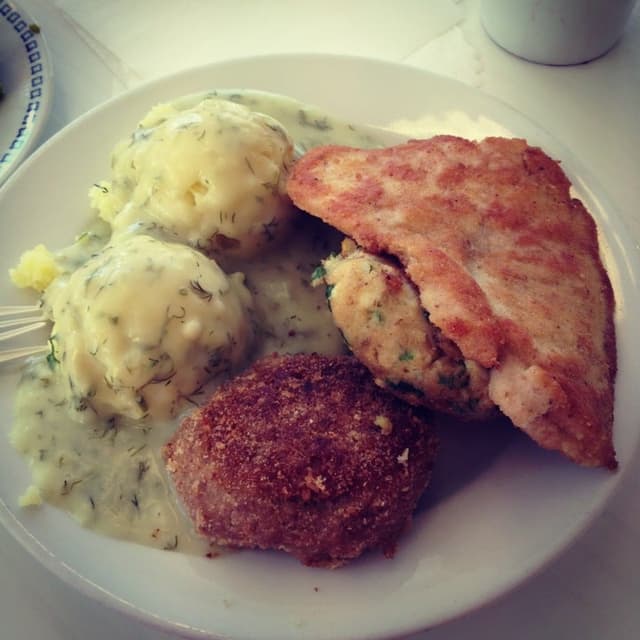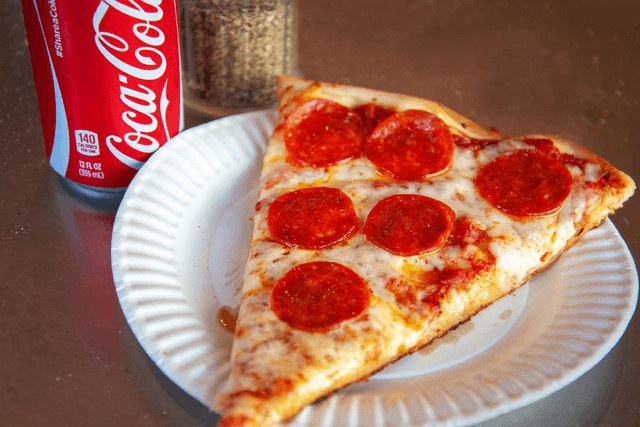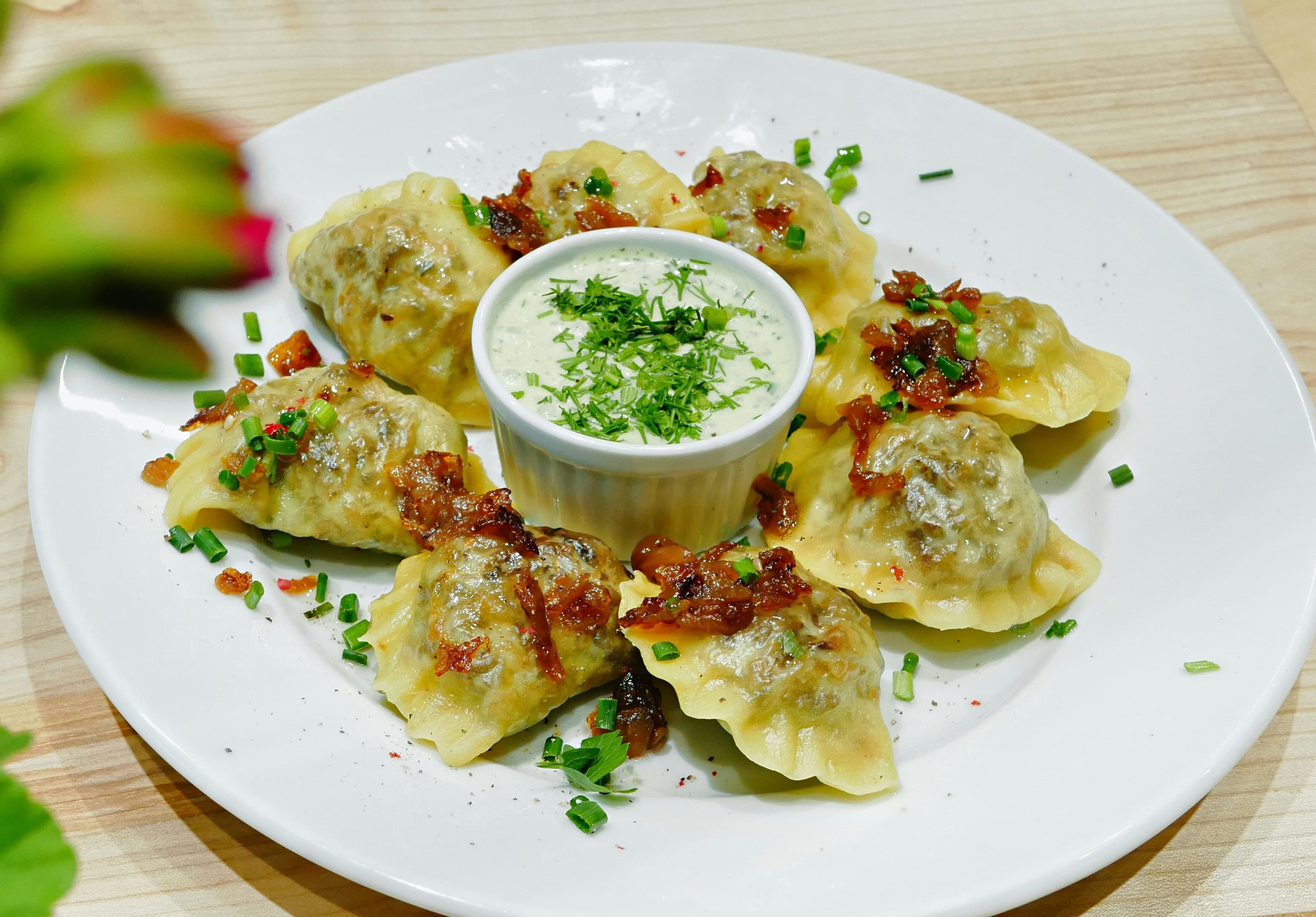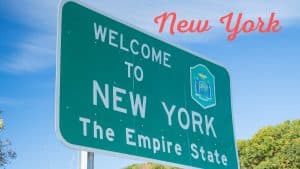Bar Mleczny Słoneczny vs. Have a $1 pizza slice
Bar Mleczny Słoneczny
An authentic Polish milk bar. Cheap and delicious. Serves typical Polish foods. Probably the most affordable place in the center of Gdynia. Can get crowded at lunch time.
Have a $1 pizza slice
Ever since the 2008 Great Recession, $1 pizza slices have been popping up all over Manhattan. Now, there are over 80 spots in New York where you can grab a quick, cheap, and surprisingly good slice. People love them because they’re convenient, filling, and easy on the wallet. Whether you're in a rush, short on cash, or just craving some no-fuss pizza, these dollar slices are a go-to for many New Yorkers and visitors alike.
Reviews
Reviewed on 1/26/2025
Delicious and cheap! I always eat there when I'm in Gdynia.
Reviews
| Item | Votes | Upvote |
|---|---|---|
| Affordable | 1 | |
| Tasty | 1 |
| Item | Votes | Upvote |
|---|---|---|
| Gets crowded at lunchtime | 1 |
| Item | Votes | Upvote |
|---|---|---|
| It's cheap | 1 | |
| It's iconic | 1 | |
| It's pizza | 1 |
| Item | Votes | Upvote |
|---|---|---|
| No cons yet, would you like to add one? | ||
Frequently Asked Questions
Bar Mleczny Słoneczny offers an authentic Polish dining experience with affordable traditional dishes, making it a great choice for those looking for a hearty meal. However, it can get crowded at lunchtime. In contrast, Have a $1 pizza slice provides a quick and convenient option for pizza lovers, especially for those on the go or with limited funds. While both options are budget-friendly, the choice depends on whether you prefer Polish cuisine or a quick slice of pizza.
Have a $1 pizza slice is considered iconic, especially in New York City, where it has become a staple for both locals and tourists. It represents a unique aspect of New York's food culture. On the other hand, Bar Mleczny Słoneczny provides a traditional Polish experience, which may be less known outside of Poland but is authentic to the local culture. If you're looking for an iconic experience, Have a $1 pizza slice may have the edge.
Have a $1 pizza slice is designed for quick service, allowing customers to grab a slice and go, making it ideal for those in a hurry. In contrast, Bar Mleczny Słoneczny, while affordable and tasty, can get crowded at lunchtime, which may lead to longer wait times for a meal. Therefore, for a quick meal, Have a $1 pizza slice is the better option.
Bar Mleczny Słoneczny is an authentic Polish milk bar located in the center of Gdynia. It is known for being cheap and delicious, serving typical Polish foods. It is considered one of the most affordable dining options in the area.
The pros of Bar Mleczny Słoneczny include its affordability and tasty food, making it a popular choice among locals and visitors. However, a con is that it can get crowded at lunchtime, which may lead to longer wait times.
Bar Mleczny Słoneczny has a casual and welcoming ambiance typical of Polish milk bars. It is a place where you can enjoy traditional Polish meals in a relaxed setting, although it may become bustling during peak lunch hours.
Customers have praised Bar Mleczny Słoneczny for its delicious and affordable meals. One user commented, 'Delicious and cheap! I always eat there when I'm in Gdynia,' highlighting the positive dining experience.
Pros of having a $1 pizza slice include its affordability, its iconic status in New York, and the fact that it's pizza, which is universally loved. There are currently no listed cons for having a $1 pizza slice.
Ever since the 2008 Great Recession, $1 pizza slices have been popping up all over Manhattan. Now, there are over 80 spots in New York where you can grab a quick, cheap, and surprisingly good slice. These dollar slices have become popular because they are convenient, filling, and easy on the wallet.
People love $1 pizza slices because they are convenient, filling, and inexpensive. They offer a quick and easy meal option for those in a rush, short on cash, or simply craving some no-fuss pizza.
Related Content & Alternatives
- 0
 2.Ogniem i Piecem
2.Ogniem i PiecemAffordable, casual pizza place in the center of Gdynia. They serve pizza by the slice, breakfasts, pastas and cakes. It's dog-friendly, has good music, friendly atmosphere and a vaguely "street style" hip vibe.
- 0
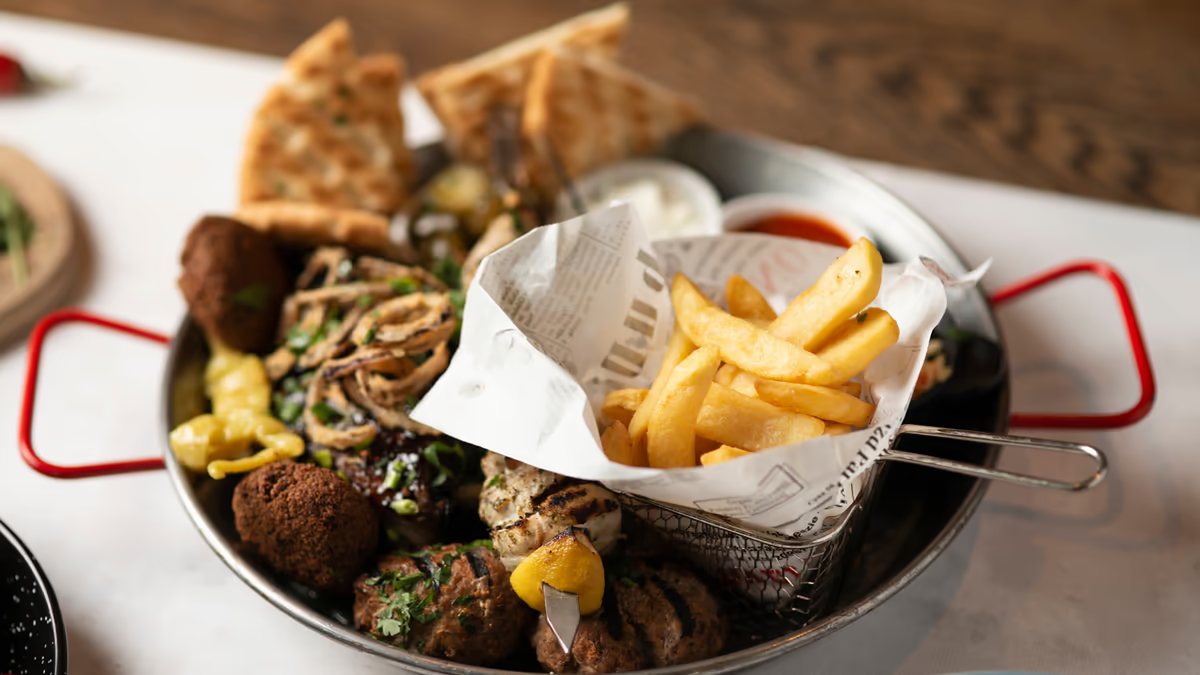 3.Taverna Zante
3.Taverna ZanteCasual Greek restaurant and cocktail bar. Tzatziki, gyros, souvlaki, that sort of thing. Outdoor seating in spring and summer. I go there a lot and the food is delicious.
- 1
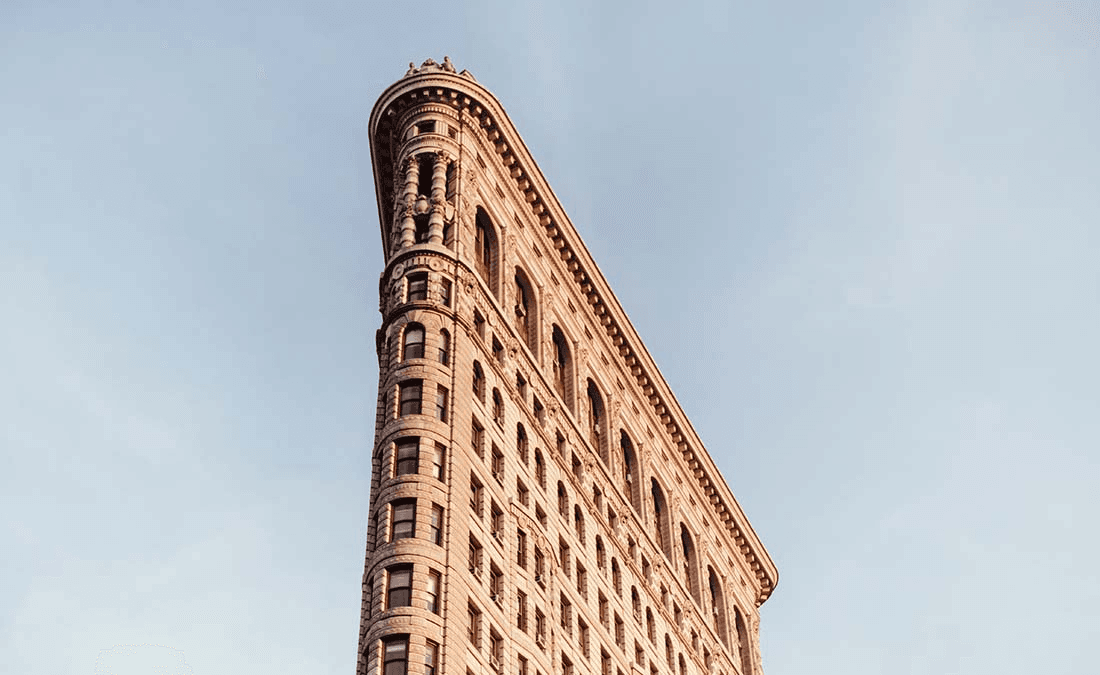 2.See the Flatiron Building
2.See the Flatiron BuildingA visit to New York City isn't complete without seeing the iconic Flatiron Building. Built in 1902, this 22-story, triangular skyscraper sits at the intersection of Fifth Avenue and Broadway. Known for its unique shape that resembles a cast-iron clothes iron, it's a favorite among tourists and photographers. The Flatiron anchors the vibrant Flatiron District and has been a National Historic Landmark since 1989. Its distinctive Renaissance Revival architecture makes it a standout in Manhattan's skyline. Perfect for a quick photo-op or a leisurely stroll around the neighborhood!
- 1
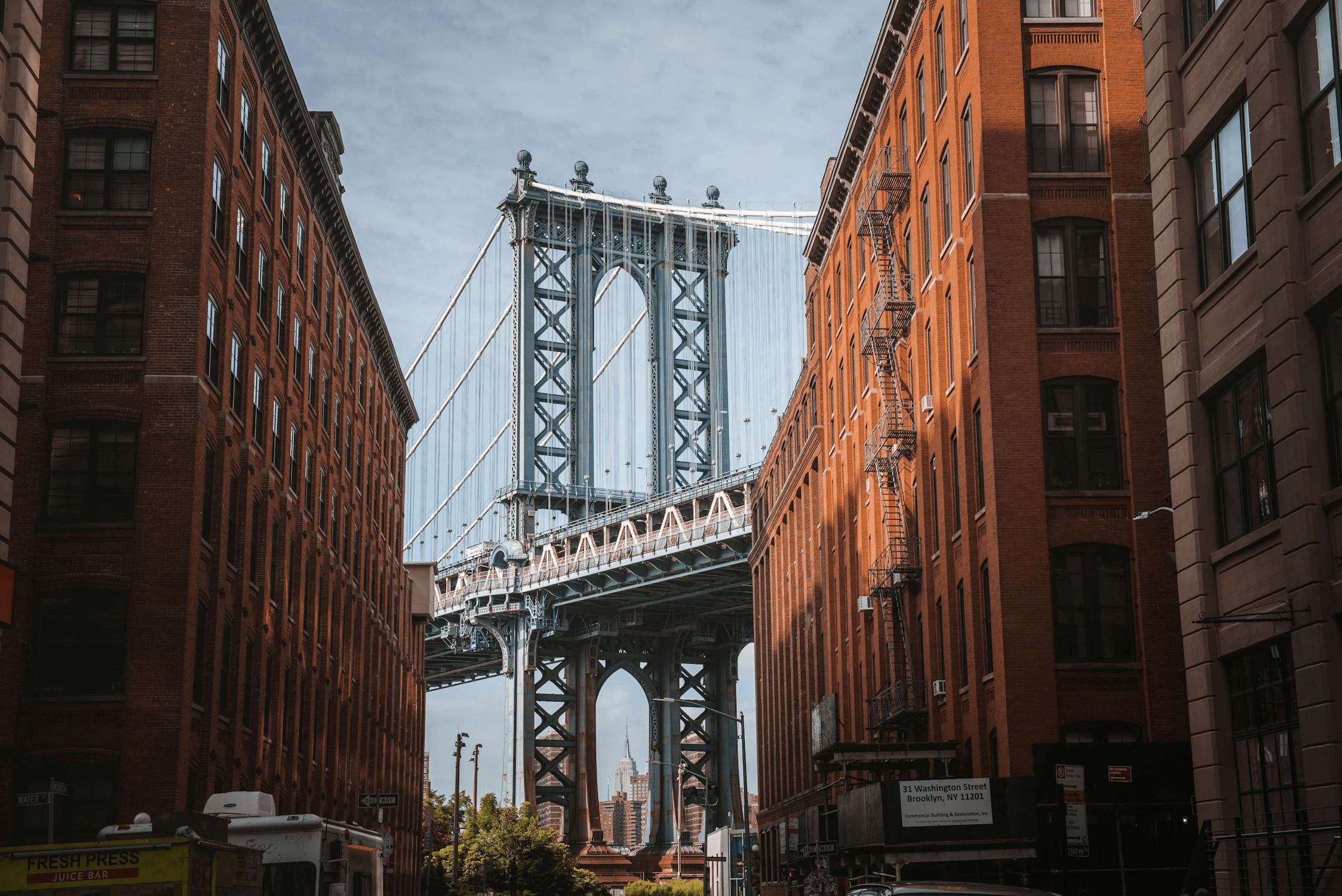 3.Walk around Brooklyn
3.Walk around BrooklynBrooklyn, a vibrant borough of New York City, is a melting pot of cultures and history. Known for its diverse neighborhoods, you can explore hipster havens like Williamsburg and Bushwick, stroll through the historic streets of Brooklyn Heights, or savor the multicultural vibes of Sunset Park. From the iconic Brooklyn Bridge and bustling Coney Island to the serene beauty of Prospect Park, Brooklyn offers something for everyone. Its thriving arts scene, with galleries, theaters, and live music venues, makes it a cultural hotspot. Plus, foodies will love the eclectic mix of cuisines available, from artisanal bakeries to authentic ethnic eateries.
- 1
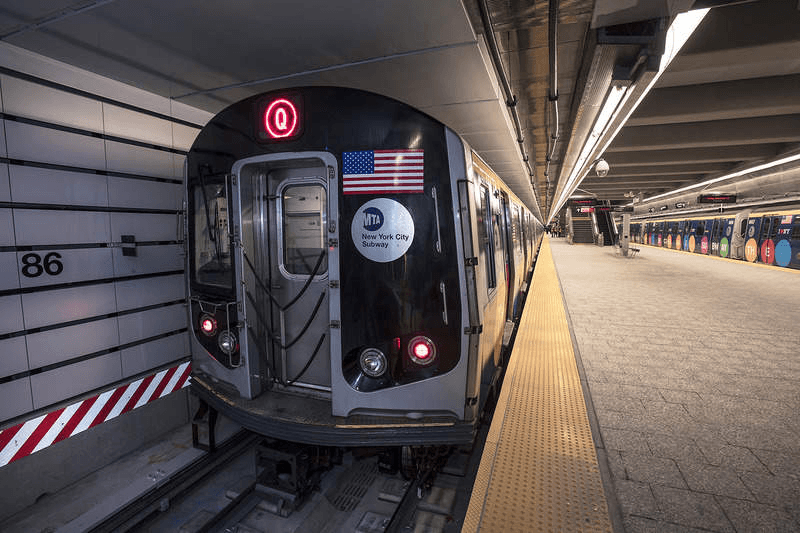 4.Ride the New York Subway
4.Ride the New York SubwayThe New York City Subway is more than just a mode of transportation—it's a symbol of the city's hustle and bustle, immortalized in countless films, TV shows, and songs. From the romantic encounters in "Before We Go" to the intense chase scenes in "The Taking of Pelham 123," the subway has been the backdrop for some of cinema’s most memorable moments. TV series like "Gossip Girl" and "Jessica Jones" often depict the subway as a central part of New York life, while Jay-Z’s "Empire State of Mind" and Billy Joel’s "New York State of Mind" celebrate the spirit of the city that never sleeps. And who can forget Spider-Man's iconic battles, like the unforgettable train fight scene in "Spider-Man 2," showcasing the subway as an integral part of New York's landscape and its superhero lore.
- 1
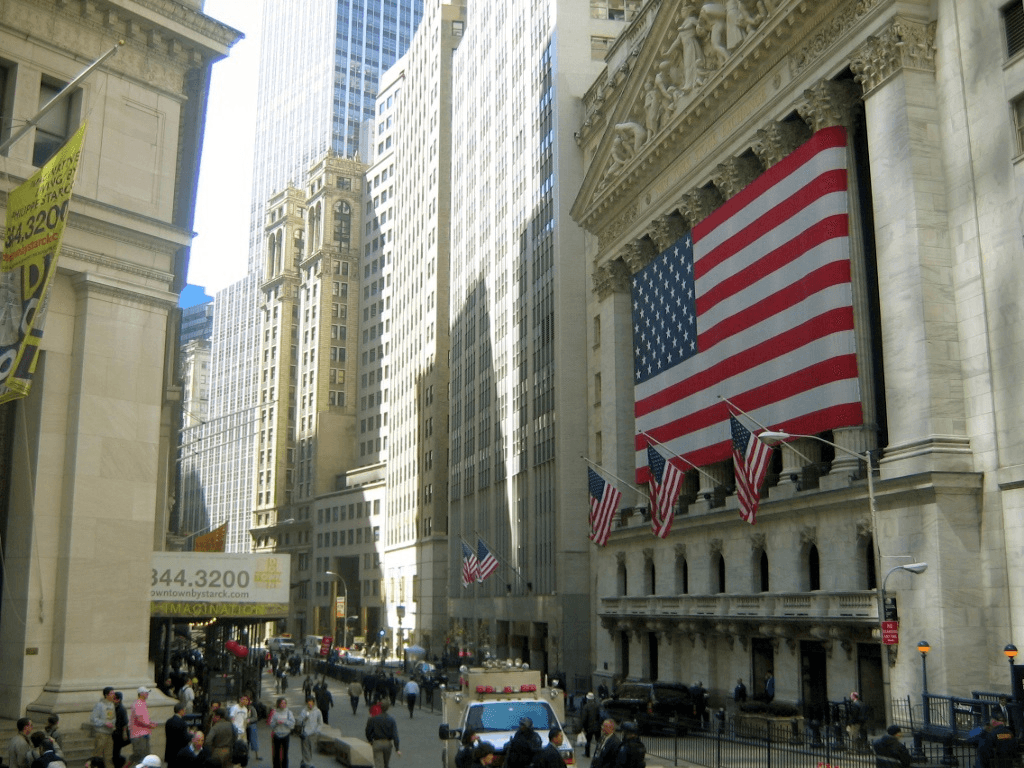 5.Visit Wall Street
5.Visit Wall StreetWall Street, located in the Financial District of Lower Manhattan, is not just the heart of America's financial industry but also a cultural landmark deeply woven into the fabric of New York City. It's famous for being the epicenter of financial markets, home to the New York Stock Exchange (NYSE) and several other major financial institutions. This iconic street has been depicted in numerous movies and TV shows, such as "The Wolf of Wall Street," "Trading Places," and "Billions," symbolizing both the allure and pitfalls of high finance.
- 1
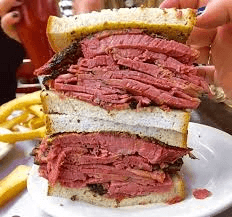 6.Have the classic pastrami sandwich at Katz's Delicatessen
6.Have the classic pastrami sandwich at Katz's DelicatessenKatz's Delicatessen, located on the Lower East Side of Manhattan, is a New York City icon famous for its classic pastrami sandwich. Established in 1888, Katz's has been serving up delicious deli fare for over a century, becoming a beloved spot for both locals and tourists. This legendary eatery gained pop culture fame from the film "When Harry Met Sally," where the unforgettable "I'll have what she's having" scene was filmed.
- 3
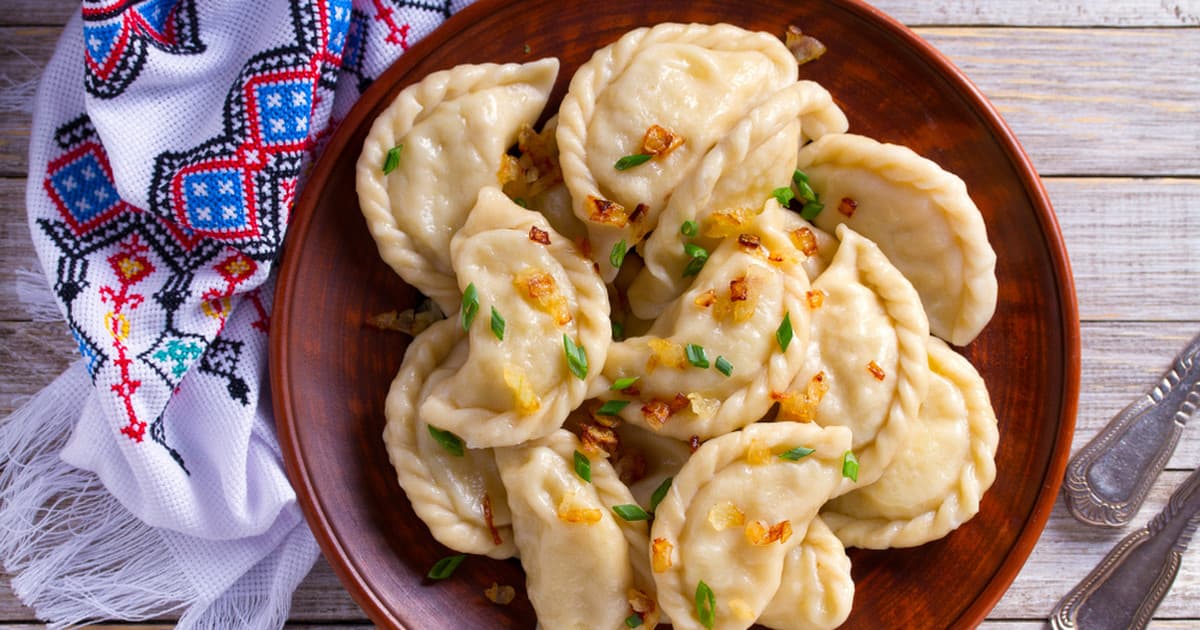 1.Polish Cuisine
1.Polish CuisinePolish cuisine is all about comfort, rich flavors, and tradition. It’s the kind of food that sticks to your ribs, perfect for long winters and big family gatherings. Think hearty soups, meat-heavy dishes, and a lot of potatoes, cabbage, and bread. Pierogi are probably the most famous Polish dish—soft dumplings filled with anything from potato and cheese to meat, mushrooms, or sweet fruits. Then there’s bigos, a slow-cooked hunter’s stew packed with sauerkraut, fresh cabbage, sausage, and sometimes even wild game. It’s the kind of dish that gets better the longer it sits. If you like schnitzel, you’ll love kotlet schabowy, a breaded pork cutlet usually served with mashed potatoes and pickled cucumber salad. And for something truly Polish, there’s żurek—a sour rye soup with sausage and egg, often served in a bread bowl. Poland is also big on fermented foods like ogórki kiszone (pickled cucumbers) and kapusta kiszona (sauerkraut), which add a tangy kick to meals. And if you have a sweet tooth, Polish desserts won’t disappoint—pączki (fluffy doughnuts filled with rose jam), sernik (a dense cheesecake), and makowiec (a poppy seed roll) are just the start. To wash it all down? Vodka, of course. Poland has been perfecting it for centuries. But if you prefer something milder, there’s always hot tea with lemon or kompot, a homemade fruit drink. Polish food is all about big portions, simple ingredients, and bold flavors. It’s the kind of cooking that makes you feel at home, no matter where you’re from.
- 2
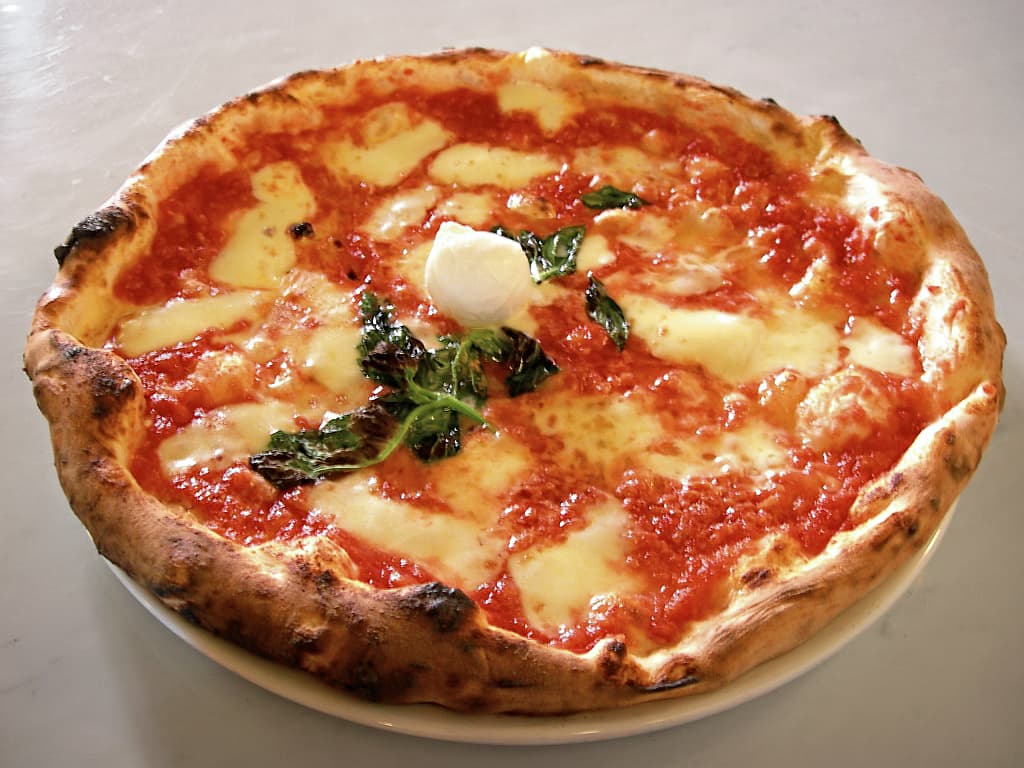 3.Italian cuisine
3.Italian cuisineThe one that we all know and love. Pizza, pasta, risotto, gnocchi, tortellini and many, many more. Also ice cream aka gelato. And limoncello. And wine. Italians love food and it shows.
- 3
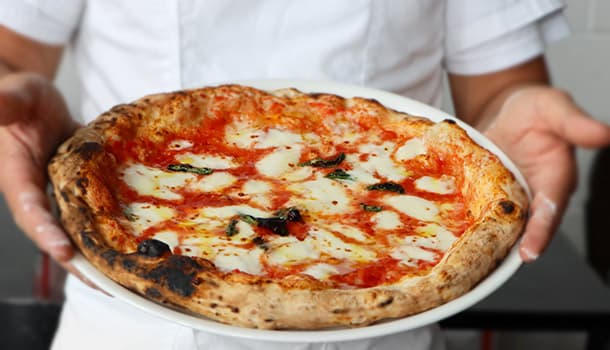 1.Margherita Pizza
1.Margherita PizzaThe OG pizza. The minimalist pizza. Cheese, tomato sauce, and basil leaves. What else does a pizza need?
- 2
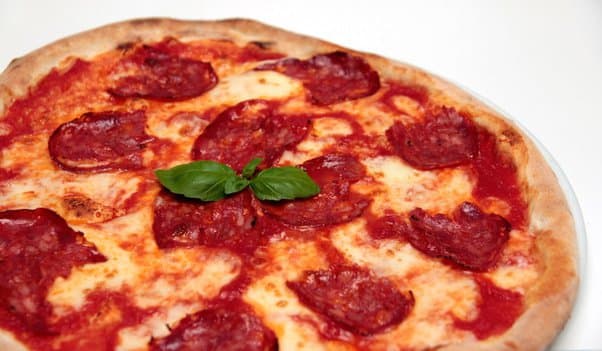 2.Pepperoni Pizza
2.Pepperoni PizzaDelicious pizza with a single topping. Simple and to the point.
- 1
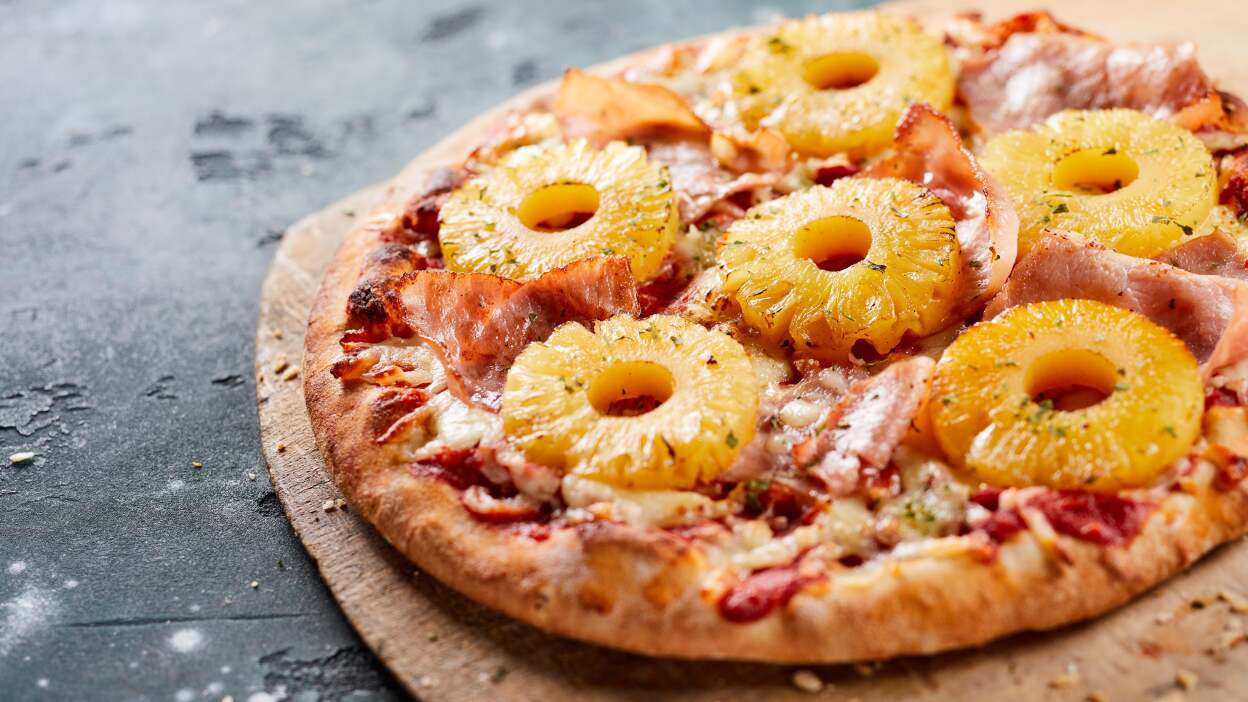 3.Hawaiian Pizza
3.Hawaiian PizzaDelectable Pizza topped with pineapple and Canadian ham! The perfect mix of sweet and salty <3
- 0
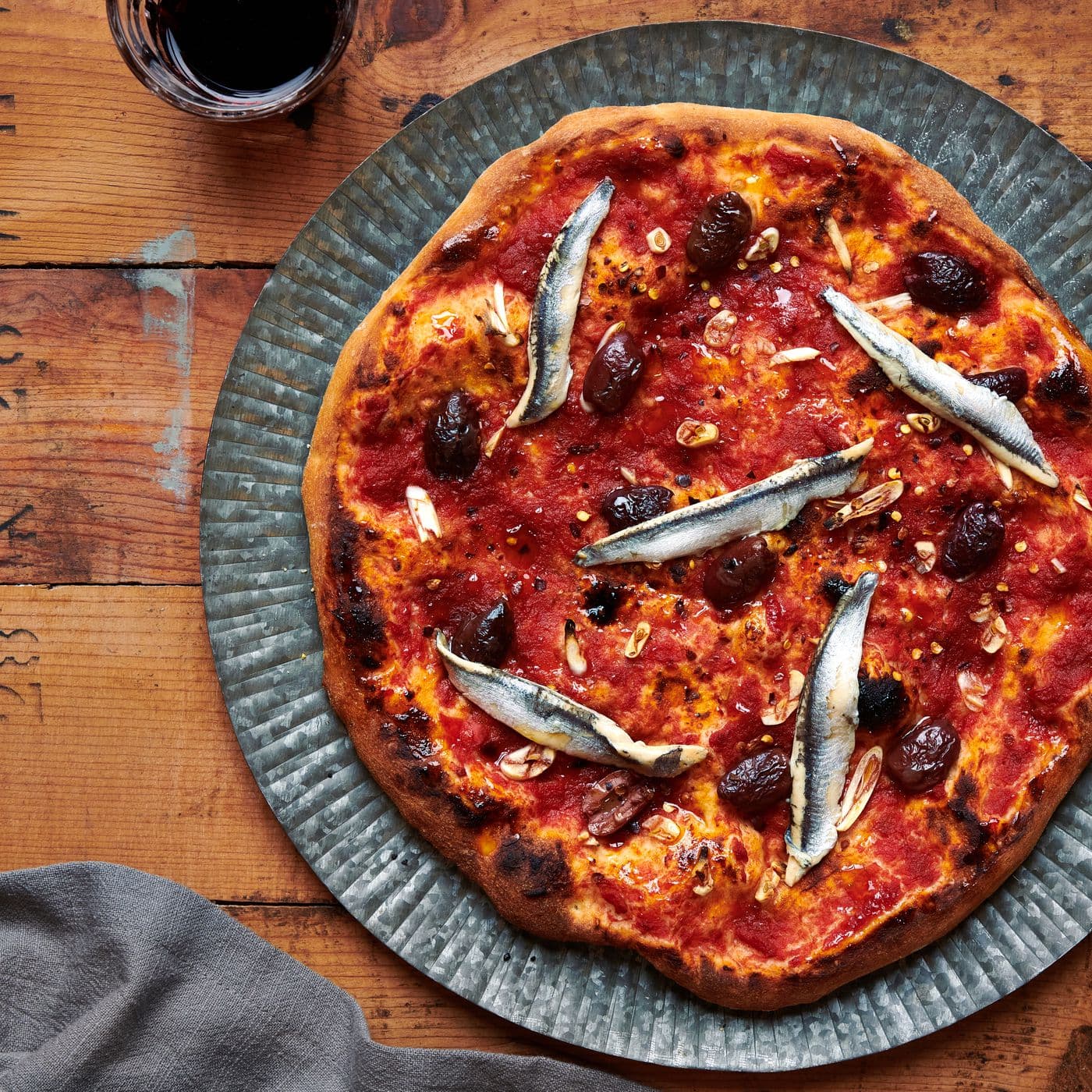 4.Anchovy Pizza (Napoletana)
4.Anchovy Pizza (Napoletana)Topped with capers and anchovies. Rich in umami. Salty and delicious.
- 2
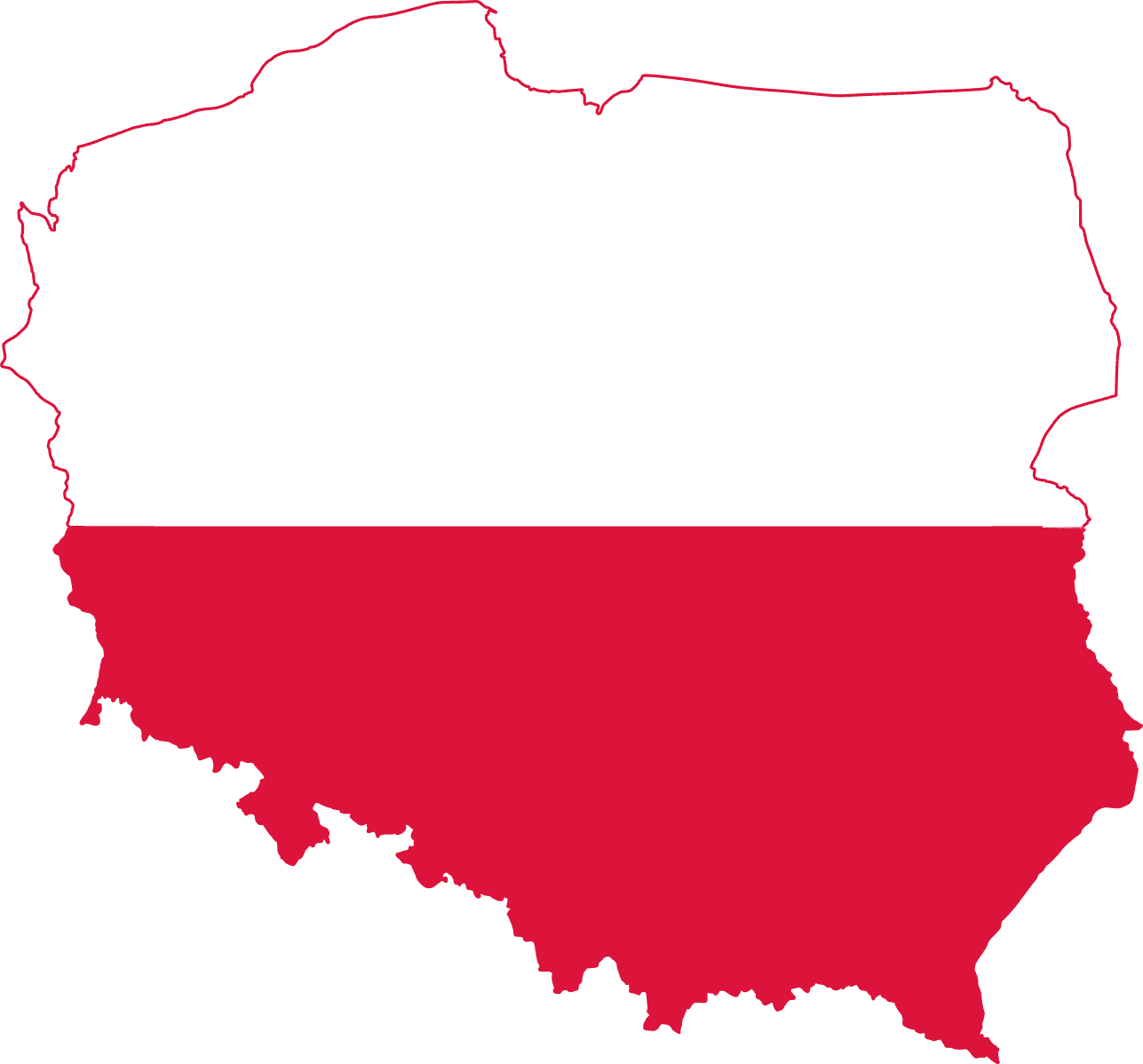 2.Poland
2.PolandPoland sits in Central Europe, stretching from the Baltic Sea in the north to mountains in the south. It shares borders with Germany to the west, Lithuania and Russia to the northeast, and several other countries along the east and south. Its landscape is a mix—flat plains in the center and north, and hilly or mountainous areas in the south. The coastline along the Baltic Sea is known for sandy beaches and coastal ridges. Inland, there are thousands of lakes, especially in the northeast, and big rivers like the Vistula and Oder cut across the land. The weather is temperate. Summers are warm, winters moderately cold. Rain tends to fall more during the summer months, and winters are becoming drier over time. Poland has deep roots in European history. It became a kingdom in 1025, later forming a powerful union with Lithuania. The Polish–Lithuanian Commonwealth was once one of Europe’s biggest states, with a unique political system. Poland's fortunes shifted in the late 18th century, when its neighbors carved it up, erasing it from maps for over a century. It re-emerged after World War I, only to be invaded at the start of World War II—a conflict that brought devastation and the horrors of the Holocaust. After the war, Poland fell under Soviet influence, but by 1989, it was the first Eastern Bloc country to shake off communism, thanks largely to the Solidarity movement. Today, Poland is a democratic country with a population of over 38 million. Warsaw, the capital, is the largest city. Others like Kraków, Gdańsk, and Wrocław are known for historic centers and vibrant culture. The economy is strong, with Poland being one of the larger economies in the European Union. Nature lovers come for places like the Tatra Mountains or the ancient Białowieża Forest, home to Europe’s largest land mammal—the European bison. There are 23 national parks, and over 17 sites are recognized as UNESCO World Heritage locations, from medieval town squares to the haunting Auschwitz-Birkenau memorial. Culturally, Poland has a rich tradition of music, literature, and art. Composer Frédéric Chopin and novelist Joseph Conrad both came from here. More recently, Poland’s fantasy literature, like Andrzej Sapkowski’s The Witcher series, has found global fame. Polish cuisine is hearty, with dishes like pierogi (dumplings), bigos (a cabbage and meat stew), and żurek (sour rye soup). Vodka has its roots here, but beer and wine are also popular. Sports are big in Poland—football (soccer) is a national passion, though volleyball and speedway racing attract large crowds too. The country also boasts top tennis players like Iga Świątek and mountaineers who’ve climbed the world’s highest peaks. Despite its complicated past, Poland today balances its historical heritage with modern growth. Old town squares sit beside new buildings, and traditions are kept alive alongside a fast-developing economy and infrastructure.
- 3
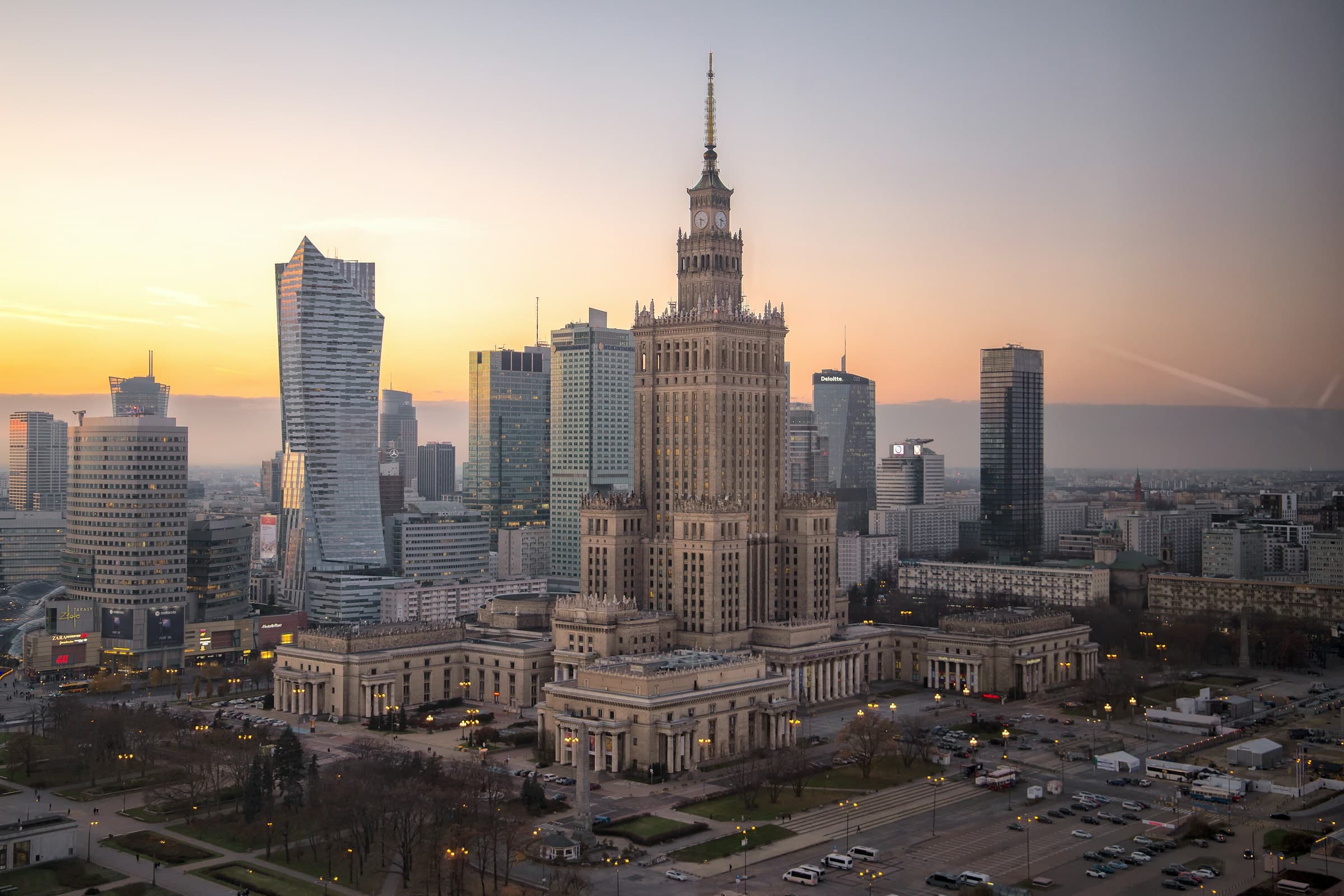 1.Warsaw, Poland
1.Warsaw, PolandWarsaw is the capital of Poland, sitting on the Vistula River in the east-central part of the country. With nearly 1.9 million people in the city and over 3 million in the wider metropolitan area, it’s Poland’s biggest city. It’s a place where old and new collide—modern skyscrapers stand next to rebuilt historic districts, and its skyline is a mix of glass towers and ornate churches. The Old Town, destroyed in World War II and painstakingly rebuilt, is now a UNESCO World Heritage Site. Walking through its cobblestone streets, you’ll find the Royal Castle and the colorful Market Square. Not far off is the Royal Route, a stretch of old palaces, churches, and the Presidential Palace, leading down to the grand Wilanów Palace and its gardens. Despite the scars of war—most of the city was flattened during WWII—Warsaw bounced back fast. The post-war communist era left a mark with grey apartment blocks and the towering Palace of Culture and Science, a gift from the Soviet Union that’s still one of the tallest buildings in Poland. Now, Warsaw’s business district is full of sleek glass skyscrapers, including the Varso Tower, the tallest in the EU. Green spaces are everywhere. Łazienki Park, home to peacocks and the Chopin monument, is a popular spot for Sunday strolls. The Vistula Riverbanks are packed with bars and cycling paths in summer. Even with its urban sprawl, about a quarter of the city is covered by parks and forests. Warsaw’s history is complicated. It was once a cultural melting pot, with a large Jewish community before the Holocaust. The city remembers that past with places like the POLIN Museum and the remnants of the Warsaw Ghetto. It also honors its wartime resistance, especially the 1944 Warsaw Uprising, with monuments and the powerful Uprising Museum. The city’s cultural life is rich. It hosts jazz festivals, classical concerts (especially anything Chopin-related), and has a buzzing nightlife. Food-wise, you’ll find everything from traditional Polish pierogi and hearty soups to modern vegan spots and Michelin-starred restaurants. There’s even a strong café culture, with old-school spots alongside trendy coffee bars. Weather in Warsaw is typical for Central Europe—cold, snowy winters and warm, sometimes stormy, summers. Spring and autumn can be mild and pleasant, though the weather can change quickly. In short, Warsaw is a city of contrasts. It’s got a tragic past but a vibrant present, blending historic charm with modern energy. Whether you’re wandering through its parks, exploring museums, or sipping coffee along the river, there’s plenty to take in.
- 2
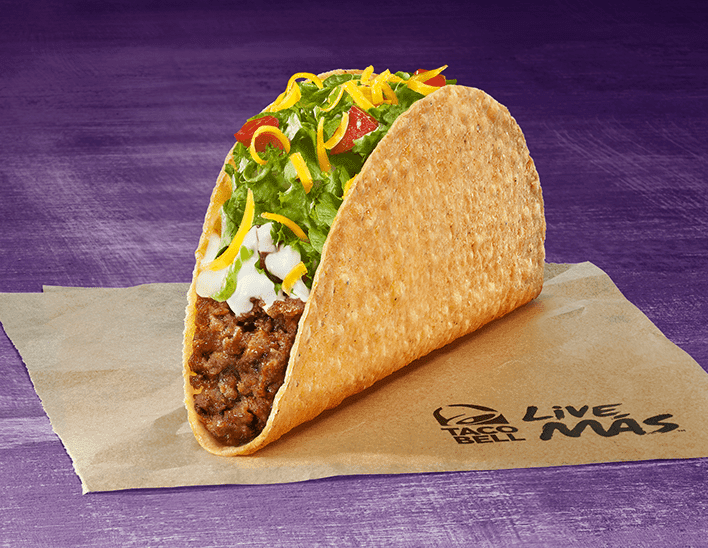 2.Taco Bell
2.Taco BellTaco Bell is a fast-food chain from the U.S. that serves Mexican-inspired food. You’ll find things like tacos, burritos, nachos, and quesadillas on the menu, plus some of their own creations like the Crunchwrap Supreme and Doritos Locos Tacos. They’re known for mixing up flavors with American-style ingredients, so don’t expect something like you’d find at an authentic Mexican place—it’s more of a quick, grab-and-go option with lots of cheese, sauces, and seasoned meats. The first Taco Bell opened in 1962 in California, started by Glen Bell. He got the idea after seeing how popular a local Mexican restaurant was. Since then, it’s grown huge, with thousands of locations not just in the U.S. but in many countries around the world. Most of the stores are run by independent owners, not directly by the company. The menu changes a lot. They’ll bring in limited-time items and have tried everything from breakfast offerings to vegan options. They also have a value menu with cheap eats if you’re on a budget. Some of their restaurants, called "Cantinas," serve alcohol and have a more modern vibe, especially in city areas. Taco Bell has done plenty of quirky promotions over the years, like offering free tacos if a base is stolen during the World Series or letting people get married at their flagship Las Vegas location. It’s the kind of place people either go to when they want something quick and filling or when they’re craving something salty and cheesy late at night.
- 0
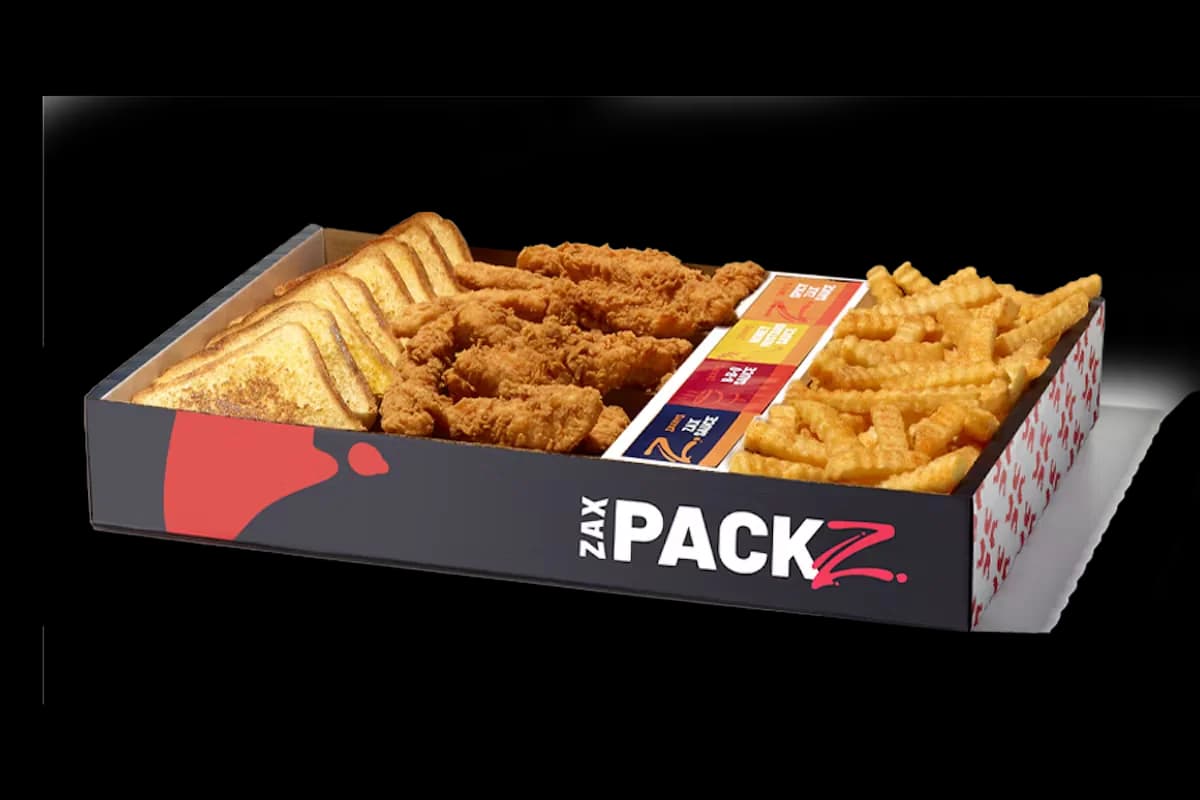 1.Zaxby's Menu
1.Zaxby's MenuWhen it comes to fast food, there are a few brands that consistently stand out in the minds of food lovers across the globe. Wendy's, Zaxby’s, and Taco Bell have all earned loyal followings due to their diverse and mouth-watering menu offerings. Whether you're craving a juicy burger, crispy chicken, or bold Mexican-inspired dishes, these restaurants have something for everyone. Let's dive into the menus of each and explore what makes them unique!
- 1
 1.Sand Valley Golf Resort
1.Sand Valley Golf ResortSand Valley’s Championship Course extends over 80 hectares of picturesque Polish country side. Rated by Golf World as TOP 100 Course in Europe it is the Home for the Lotos Polish Open of 2013 and 2014 (a Pro Golf Tour event). The resort offers a 18 hole championship course (par 72), 6 hole par 3 course, roofed 20 bay driving range and a large practice putting green. Tilander-Ristola co-designed Inland Links layout offers wide rumbling fairways and challenging green sites that are the foundation for an exiting round of golf. Everything is tied together by the vast waste bunkers, clever routing and 18 memorable holes that all have their own story to tell.
